Publications
Articles, publications, books, tools and multimedia features from the U.S. Institute of Peace provide the latest news, analysis, research findings, practitioner guides and reports, all related to the conflict zones and issues that are at the center of the Institute’s work to prevent and reduce violent conflict.
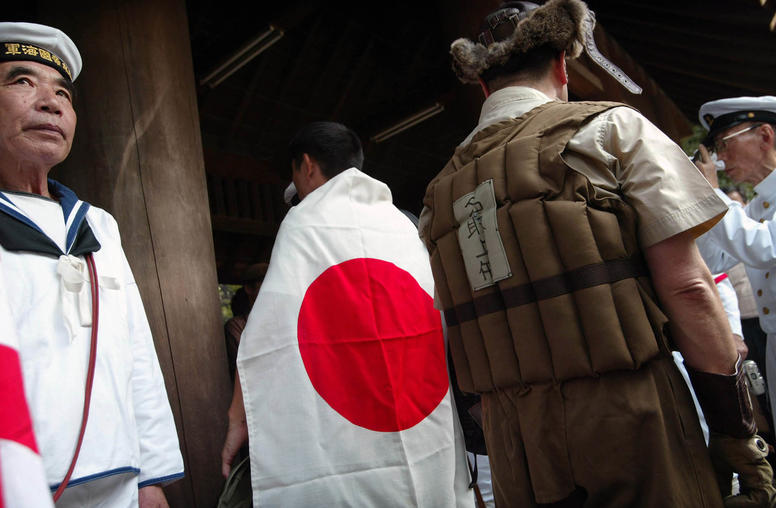
How to Address the Racism at the Heart of Japan-South Korea Tensions
Anti-Korean racism is at the heart of historic and unresolved tensions between Japan and South Korea. It will be near impossible to resolve disputes like the comfort women issue without addressing this racism. This is because the difficulty in reaching a consensus on the Japanese side often derives from the underlying tendency among many Japanese to view Koreans as “inferior” and “untrustworthy.” U.S. actors, including officials, businesses and academics, should understand the consequences of the important role they have played in perpetuating such prejudice and help right this wrong.
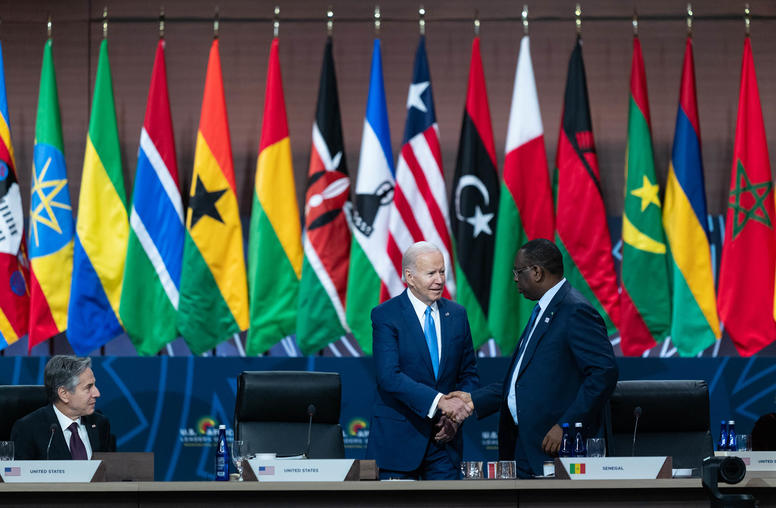
America Must Now Build the Partnership it Offered to Africa
A month after leaders from 49 African states returned home from the U.S.-Africa Leaders Summit, their region’s struggles have shifted back into their frequent place in global news headlines and discussion, often obscured by crises from Ukraine to China to the Middle East. So it’s a good moment to refocus on a specific “to-do list” for President Joe Biden’s vow that “the United States is ‘all in’” on the future of the continent with the world’s fastest-growing population. To be “all in” on Africa’s future requires concrete steps on at least six needs.
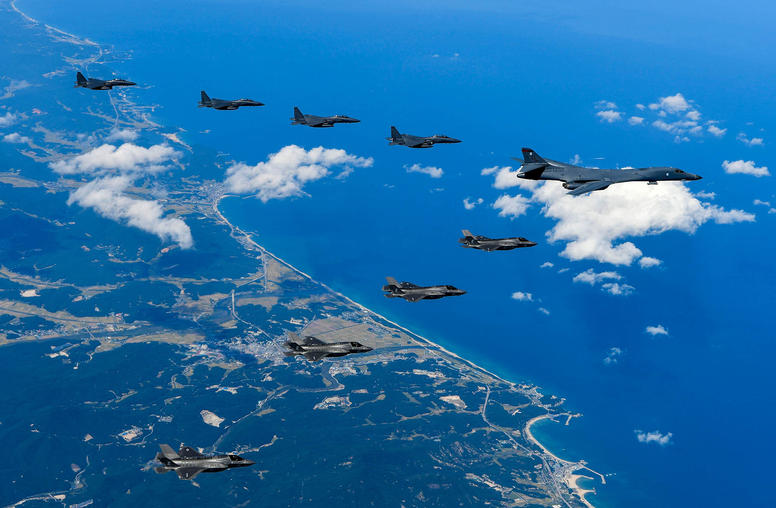
North Korean Arms Control Doesn’t Have to Conflict with Disarmament
There is a tension between limiting North Korea’s nuclear weapons program and pursuing the goal of a denuclearized Korean peninsula. To emphasize the former — through arms control and risk-reduction measures — can seem at times like a repudiation of the latter. Conversely, a focus on disarmament — still the core of U.S. policy — can seem outright fanciful given North Korea’s stunning technological advances. In North Korea, the United States faces a nuclear-armed state whose capabilities continue to expand despite international opposition and extensive economic sanctions. Disarmament simply isn’t in the cards right now.
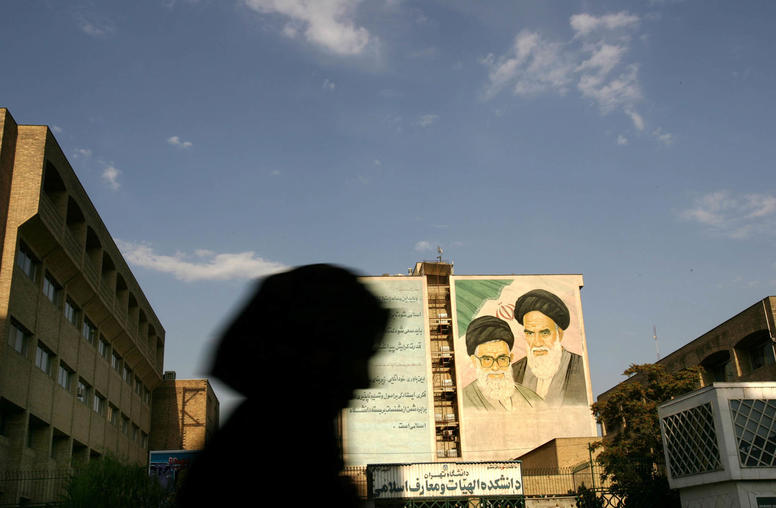
Whither Iran on the Revolution’s Anniversary?
Iran marks the anniversary of the Islamic revolution in February amid increasingly existential challenges at home and in relations with the outside world. Four months of nationwide protests — triggered by the death of 22-year-old Mahsa Amini in September 2022 — reflected deepening discontent among Iran’s Gen Z. Young women on streets and at schools abandoned the headscarves required by law, as shouts of “woman, life, freedom” and “death to the dictator” echoed across campus grounds. The protests were a brazen rejection of Supreme Leader Ayatollah Ali Khamenei and, more broadly, the theocracy’s basic belief that god’s law supersedes human laws. The scope of fury was reflected on October 8, when female students at Al Zahra University in Tehran shouted “Clerics, get lost” during a visit by President Ebrahim Raisi.

Ukraine: A Real Peace Will Require Change from Russia
The United States and its allies are seeking ways to promote a sustainable peace in Europe — one that ends Russia’s brutal assault on Ukraine and strengthens a global prohibition on such wars of aggrandizement. Tragically but realistically, Russia, like most historic imperial powers, will need to be defeated militarily before it abandons war as a means to dominate its neighbors. Any negotiated peace before such a defeat will simply let Russia rebuild its forces and renew its assault. Yet even as the West should maintain full support for Ukraine’s defense, such as the tanks much discussed this month, it should encourage negotiation toward specific goals.
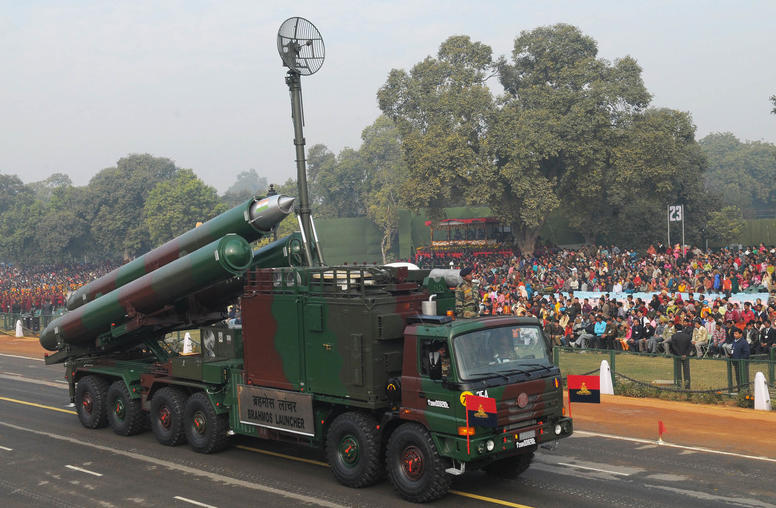
The Persistent Threat of Nuclear Crises Among China, India and Pakistan
Southern Asia — India, Pakistan and China — is the only place on earth where three nuclear-armed states have recently engaged in violent confrontations along their contested borders. As a USIP senior study group report concluded last year, the problem of nuclear stability in Southern Asia is getting harder to manage because of geopolitical changes, such as rising India-China border tensions, as well as evolving military technologies, including growing nuclear arsenals and more capable delivery systems. Unfortunately, in the time since that senior study group completed its work, little has happened to revise its worrisome conclusion or to prevent the most likely triggering causes of a nuclearized crisis in Southern Asia. To the contrary, there are some good reasons to fear that the situation in Southern Asia has even deteriorated over the past year.
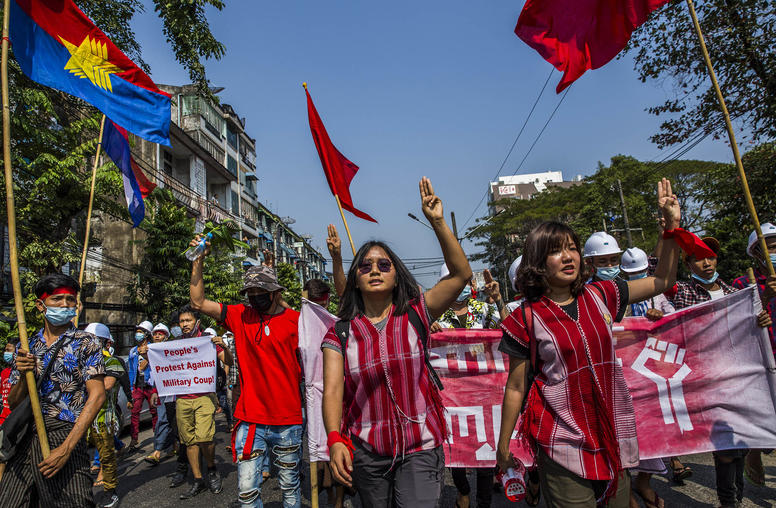
Two Years of Myanmar’s Junta: Regional Instability, Surging Organized Crime
Two years ago today, Myanmar’s military snuffed out the country’s democratic government in a coup and set about restoring the grim dictatorship that dominated the Southeast Asian nation for 50 years. But the generals’ initial moves — jailing civilian leaders, shutting the free press, issuing heavy-handed decrees — were the only things that went according to plan. To date, the coup has instead triggered myriad unintended effects. None are more urgent and consequential than the instability and crime that the generals’ power grab triggered across Southeast Asia, and none more directly implicate U.S. interests in the region.
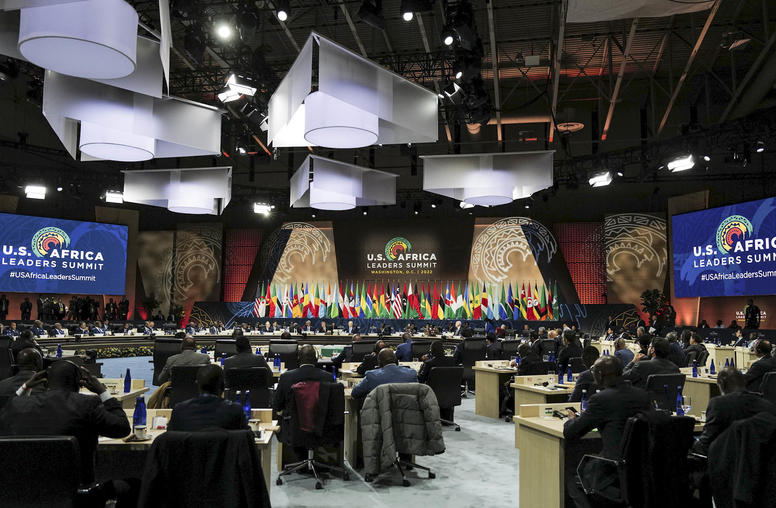
Four Takeaways from Treasury Secretary Yellen’s Trip to Africa
Treasury Secretary Janet L. Yellen’s recent 10-day trip to Africa kicks off a year of sustained, high-level U.S. engagement, aimed at demonstrating that the Biden administration is “all in on Africa, and all in with Africa” following December’s U.S.-Africa Leaders Summit. With trips from the president, vice president, and other cabinet secretaries in the works, this “super-charged” U.S. diplomacy is moving beyond the typical secretary of state visits. A close look at some of the issues encountered by Yellen on her trip demonstrates that showing up on the continent may be the easy part of going all in with Africa.
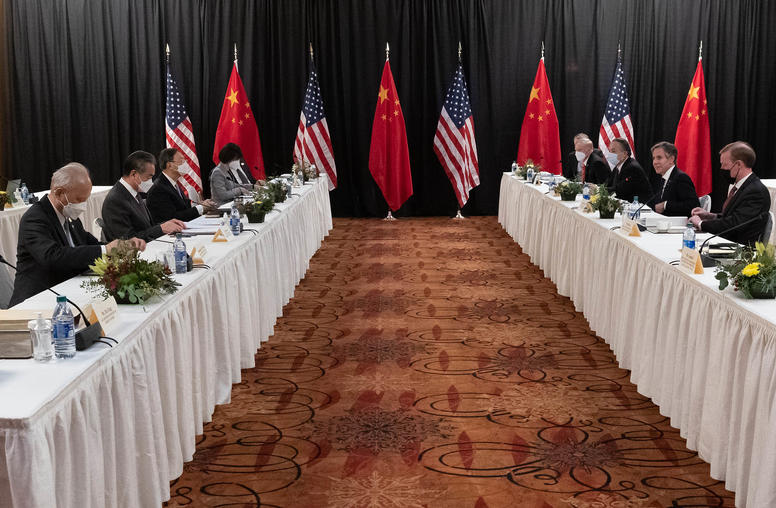
Can Blinken’s Beijing Visit Help Build Bilateral Trust?
U.S. Secretary of State Antony Blinken’s planned visit to Beijing next week is unlikely to see breakthroughs in the tense U.S.-China relations. However, his visit — the first to China by a U.S. secretary of state since Mike Pompeo’s in 2018 — provides an important opportunity for him to take up a range of issues with Chinese Foreign Minister Qin Gang and China’s top diplomat, Wang Yi. There is no doubt that the bilateral relationship is severely strained, but Blinken’s visit is an important follow up to the meeting between President Joe Biden and General Secretary Xi Jinping on the sidelines of November’s G-20 in Bali and a sign that both sides see the need to stabilize ties.
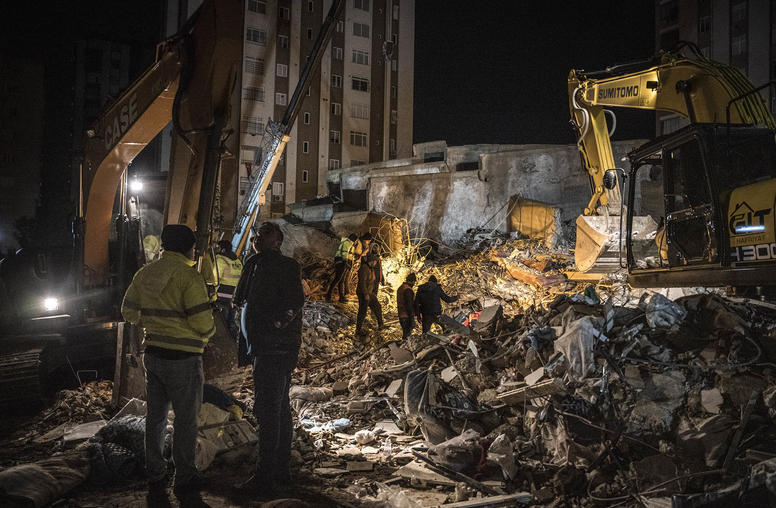
Enormous Earthquakes Exacerbate Syria’s Humanitarian Crisis
A powerful earthquake, registering 7.8 on the Richter scale, struck Türkiye and Syria early Monday morning, with a 7.5 magnitude tremor and other aftershocks felt by countries around the region. Initial figures suggest that in Türkiye as many as 2,921 were killed and 13,293 injured, with 5,600 buildings collapsed. All told, the death toll in Türkiye and Syria stands at 4,300 but is likely to continue to rise. The epicenter of the quake was Türkiye’s southern city of Gaziantep, home to nearly half a million Syrian refugees forced from their homeland amid Syria’s devastating civil war. While the international community mobilized quickly to pledge assistance, aid delivery to Syria — already dealing with massive humanitarian challenges in both rebel- and regime-held areas — will be particularly complicated given the country’s ongoing conflict.